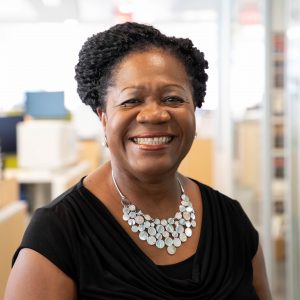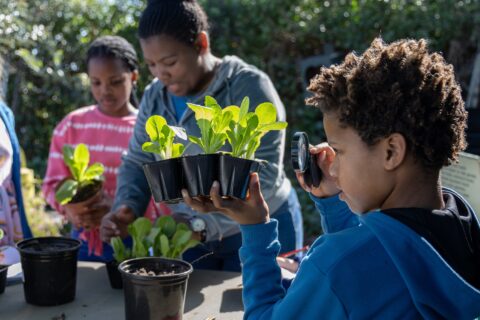Across the country, school and local leaders have reported steep declines in school enrollment and engagement since March 2020, with many students considered “missing” or “not contactable.” In response, the National League of Cities (NLC) Institute for Youth, Education, and Families have teamed up with the Institute for Educational Leadership’s Coalition for Community Schools (CCS) to identify strategies and tactics that cities, schools, and partners can use to reengage middle- and high-school students who lost contact with their schools due to the pandemic.
This Autumn 2020 resource guide highlights emerging strategies, tools, and frameworks, as well as policy guidance, to address this unique subset of students who need re-engagement in the time of COVID-19. The partners intend for readers to “blend and braid” strategies and tools to match each community’s unique needs, cultures, and priorities. A subsequent January 2021 edition of the resource guide will contain a significantly enhanced range of materials.
Whereas a growing group of school districts has launched interventions to reconnect with “missing” students and reengage those on the brink of dropping out, already stretched and challenged schools cannot respond to this crisis alone. City leaders as well as an intermediary and community-based organizations, and reengagement centers previously focused solely on dropouts, have a collective role to play.

All communities have a vested interest in student re-engagement. Current low enrollments affect individual students and have the potential to influence education funding flows and community vitality for many years beyond the pandemic. Although postsecondary institutions also face current challenges in student enrollment and engagement, zeroing in now on the reengagement of middle and high school students will pay long-term dividends in terms of successful access, persistence, and completion of college and career pathways, impacting the social and economic prospects and multigenerational mobility of residents.
Moreover, COVID-19 and the ensuing school closures have served as reminders that schools provide support and services well beyond the bounds of academic instruction. Closed schools and low enrollments result in decreased access to essentials such as hot and healthy meals, childcare, afterschool enrichment programs, social and emotional learning, health and mental health services, and basic human connections. Even as some schools reopen, students who remain disengaged will not benefit from the broader services that also become available.
In the face of ongoing crises –the global public health pandemic, an economic crisis with high unemployment rates, and protests calling attention to systemic racism –city, school leaders, and partners will need to go beyond adopting re-engagement strategies and tactics, toward a collective impact approach. Local responses must also confront the pre-existing social and economic inequities that have disparately disconnected low-income families, Black, Indigenous, students of color, and other already vulnerable student populations from schools during the pandemic.
NLC and CCS have developed the Autumn 2020 guide as an initial bank of resources with the hope of expanding the list and setting a foundation for an emerging understanding of student engagement and enrollment issues in the months to come.
Share Your Resources
The YEF Institute and the Coalition for Community Schools welcome submissions of additional resources, tools, and policies to include in the next edition. Please send submissions to Gislene Tasayco.










